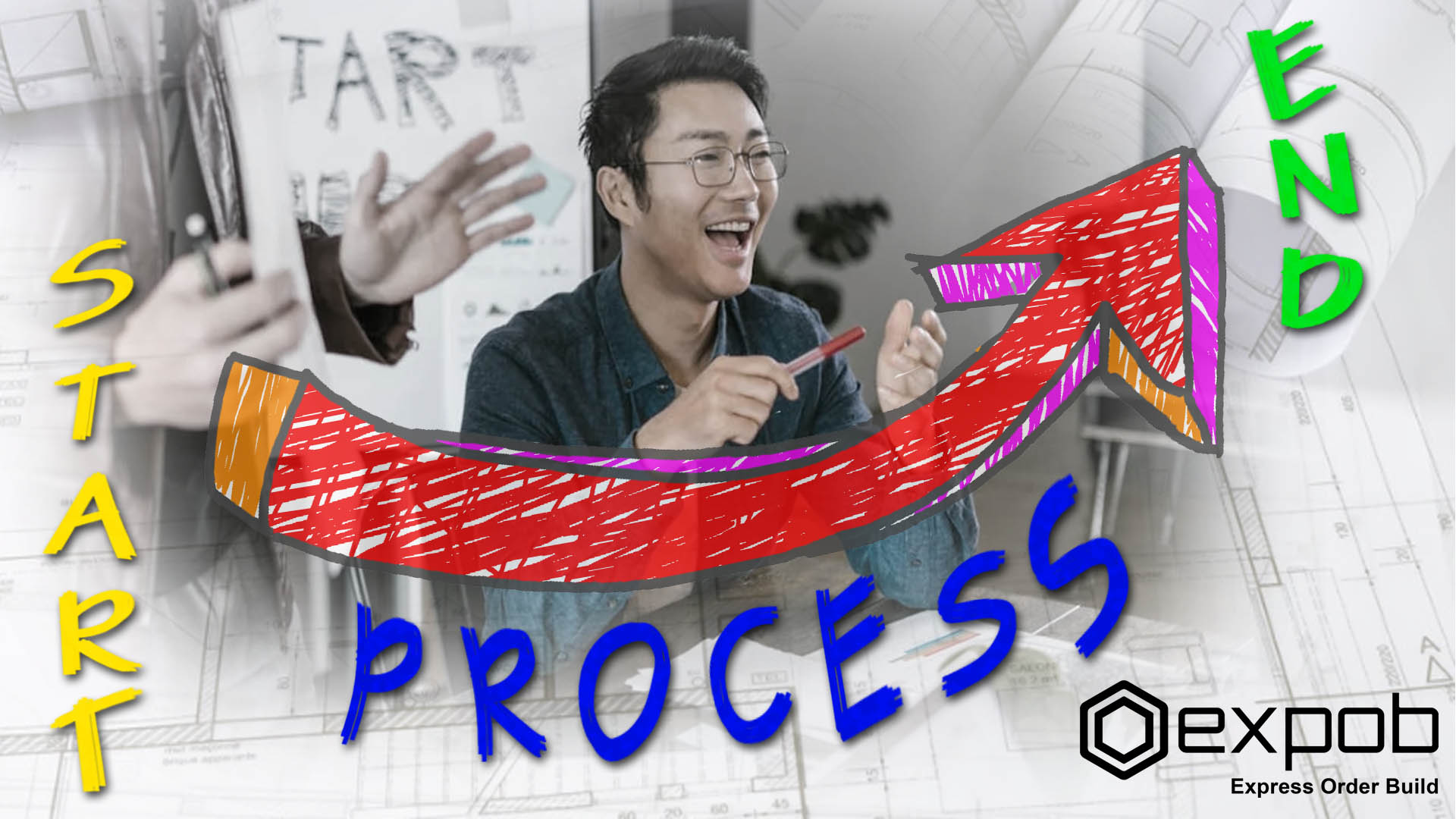Understanding Project Management... Blog by Dr.
Understanding Project Management : Trends and Challenges
Dr. Araz Taheri - Architect / 15.08.2024
Project management can be broadly defined as the application of the art and science of management to execute various types of projects (1). Over the years, it has evolved into a well-established discipline with a comprehensive body of knowledge, categorized by professional institutions and national standards agencies (1). Among the most recognized resources are PMI's Guide to the Project Management Body of Knowledge (PMBOK) and the international standard ISO 21500 (1). These frameworks emphasize that project management principles can be applied across industries and sectors (1).
Both public and private sectors rely on
project management to enhance efficiency and ensure project success. While some
governments have implemented advanced public project management systems (2),
others remain at earlier stages of development. Globally, there is an urgent
need to foster knowledge exchange between governments to improve public project
delivery (2).
In practice, two dominant approaches in
project management are the traditional Waterfall methodology and the
increasingly popular Agile system. Agile practices, originally designed for
software development, have now been adopted across industries (3). These
methods focus on flexibility, collaboration, and adaptability, allowing project
teams to tailor approaches based on organizational culture and project needs
(3).
Another significant priority is
sustainability, which ensures an organization’s long-term survival and growth.
However, the integration of sustainability into project management frameworks
is still underdeveloped (4). Practitioners and academics have emphasized the
need for deeper connections between sustainable development principles and
project management processes (4). This raises a key question: How can project
management values align with the broader goals of sustainability?
An additional trend is the growing use of
artificial intelligence (AI) in project management. AI tools are used to
automate tasks, analyze data, and improve decision-making (5). However, it’s
important to distinguish between simple task automation and transformative
applications of AI (5). Data quality and maintenance are critical to AI’s
success (5). Leveraging AI enables project managers to gain insights into
project failures and improve success rates (5).
Despite these advancements, significant
challenges remain. Projects—both small and large—face issues with workforce
shortages, scheduling, cost estimation, and regulatory compliance. These
challenges demand effective management to ensure stakeholder sustainability,
growth, and safety within the project ecosystem.
EXPOB Team's Perspective: A Holistic View
of Project Management
The elements and life
cycles of projects remain constant, with small nuances and various project
management methods developed to enhance these elements. However, today's
projects are more complex than ever. This growing complexity stems from the
increasingly interconnected nature of human life, limited resources,
competitive market environments, and a shortage of skilled workforce. These
factors make managing projects efficiently a significant challenge.
Managing projects
requires addressing these specific situations to remain efficient and
sustainable. This can be particularly challenging for small and medium-sized
projects led by SMEs due to their simple organizational structure and limited
resources. These challenges can be viewed as "micro-projects" within
the larger projects SMEs are executing. This complexity affects all
stakeholders—project owners, managers, experts, controllers, executors,
coordinators, suppliers, and ultimately the end-users.
As the EXPOB team, we
believe that while project owners or SME owners cannot change the current
situation and market conditions, they can change their perspectives and
methods. SMEs can navigate this complex environment and create their roadmap by
making strategic changes in their business. The modern project ecosystem
requires fresh perspectives and professional collaboration.
Making the organizational
structure more efficient, conducting simple research before planning a project,
analyzing weaknesses, strengths, and goals, and performing detailed project
analyses are simple actions that SME owners can take to reinforce their business.
There should be proper contexts for making these changes, such as software
platforms to organize and make these activities purposeful. Using technology
should be a priority for SMEs to benefit from contemporary advancements, such
as systems for data-driven decision-making and hybrid methodologies tools.
These changes require a
shift in perspective rather than fundamental changes and rebuilding the
organization from scratch. This is where a modern and specific project
management method, using software developed to make the world a better place,
can help people sustain their business and projects.
Conclusion and Call to Action
What are your thoughts on
the current state of project management and its importance? Do you believe it's
time for changes? What changes can you make in your own SME or the projects you
are involved in? Is this issue something only project owners and executors
should address, or should all team members be aware of it?
Thank you for reading! We
invite you to share your thoughts and ideas on this crucial topic.
1.Building A Body Of Knowledge In Project
Management In Developing Countries, Edited by George Ofori, 2023
2.Projects, Government, and Public Policy,
By Stanisław Gasik, 2022
3.Agile Practice Guide, Project Management
Institute, 2017
4.Sustainability Integration for Effective
Project Management, By Jennifer Tharp, 2013
5.Applying Artificial Intelligence in
Project Management, By Paul Boudreau, 2024
6.Exploring the Future of Research in
Project Management - Revista de Gestão e Projetos, By Ralf Müller, 2023

 Project definition, Lifecycle and Elements
Project definition, Lifecycle and Elements Classifying Projects
Classifying Projects Understanding Project Management : Trends and Challenges
Understanding Project Management : Trends and Challenges